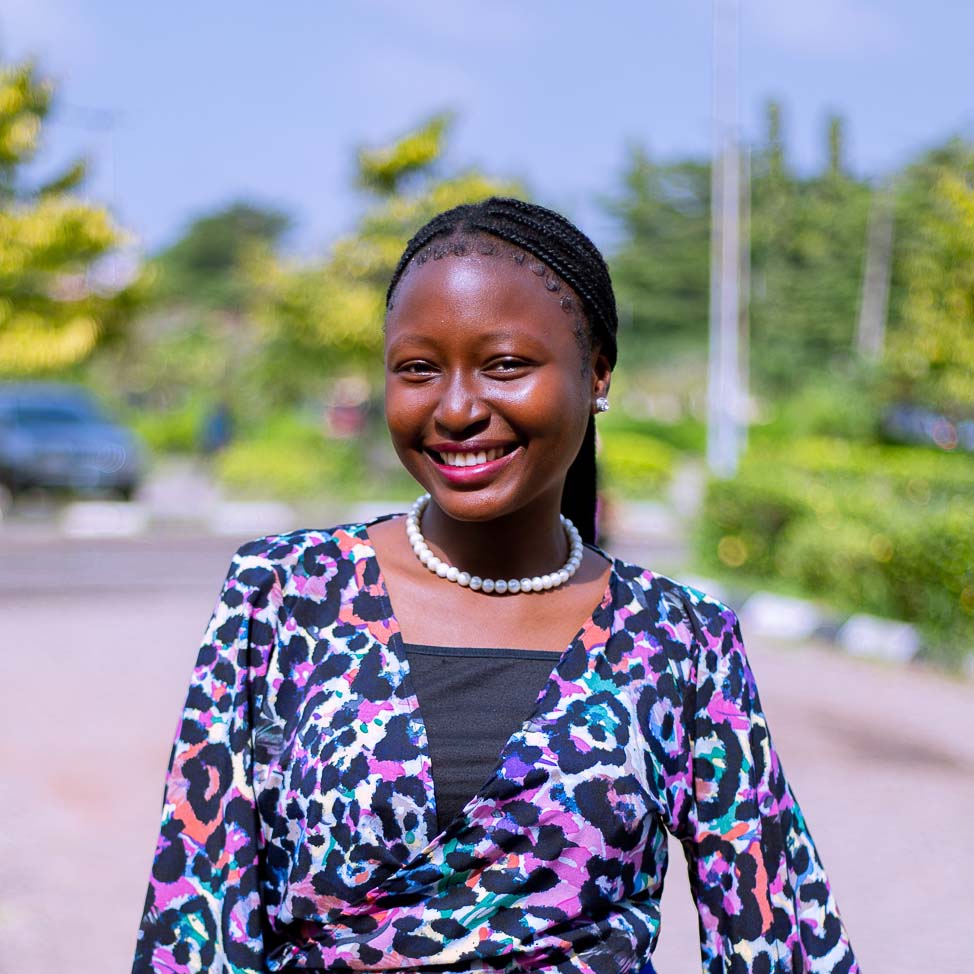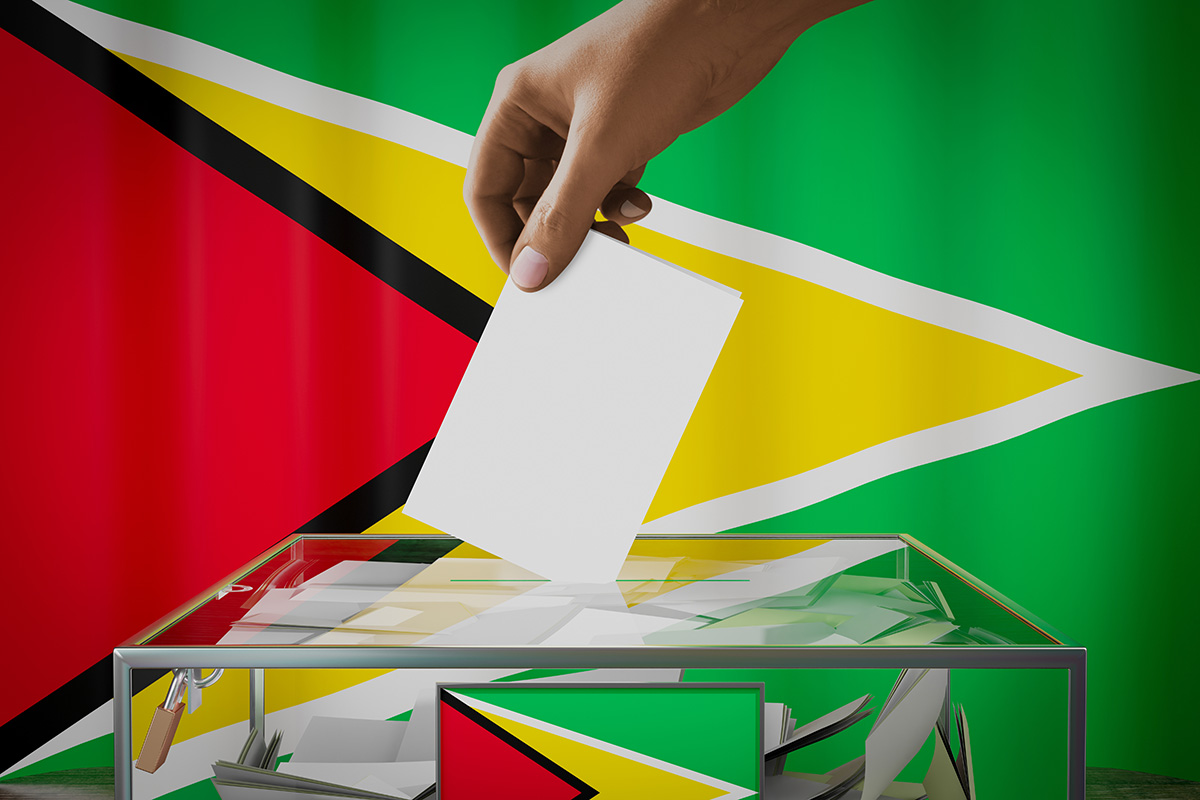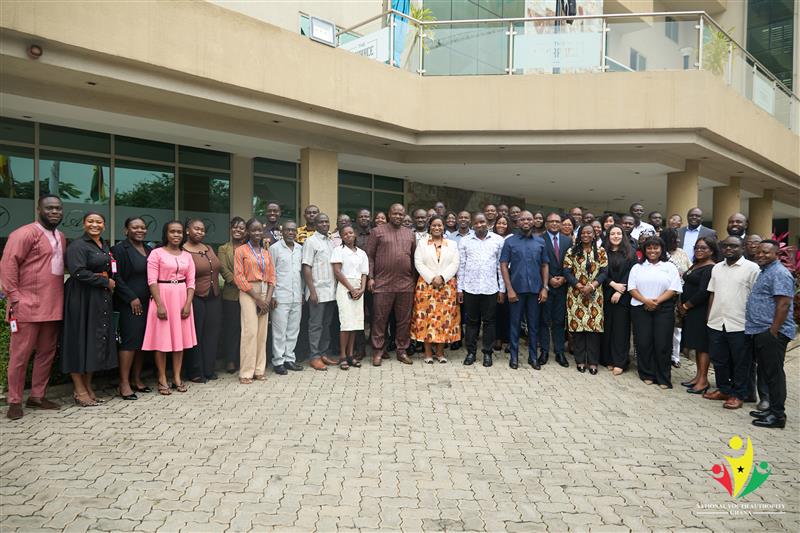Let’s Go Back to the Foundation
October 10by Similoluwa Ifedayo
Article written for the 13th Commonwealth Youth Forum on the Theme: Empowering Youth to Strengthen Inclusive and Resilient Democracies
Recently, I faced a thought-provoking question in an application: “If you had the power to solve one problem, what would that be?” My answer was clear: The mindset problem.
In today’s world, the strength of a democracy relies heavily on the active participation and empowerment of its youth. Young people are not just the leaders of tomorrow; they are the change-makers of today.
As a young Nigerian, I have come to recognise that a significant barrier to youth participation in democracy is this mindset problem: an internal dialogue that convinces young individuals that their contributions do not matter and that they are unworthy of leadership roles. This issue begins in childhood and often remains unspoken.
Growing up in Nigeria, I have witnessed firsthand how many young people believe their backgrounds dictate their futures, resigning themselves to the idea that their lives will mirror those of their parents. This limiting mindset stifles ambition and discourages engagement in political processes.
Challenging the Mindset Problem
To combat this mindset, we must empower young individuals to recognise their potential. This requires creating sustainable programmes that connect them with role models — people they admire and aspire to emulate. Inspired by Michelle Obama’s book ‘Becoming’ and her podcast, I was particularly moved by an initiative where young people were connected to mentors in the White House, reflecting their own backgrounds. When youth can envision their potential for great achievements, they are more likely to engage actively in the democratic processes that shape their lives.
The Role of Education and Engagement
Education is pivotal in this empowerment journey. By providing access to information and resources, we can equip young people with the knowledge they need to participate effectively in democracy. Initiatives such as workshops, debates, and civic education programs can inspire individuals to understand their rights and responsibilities as citizens. However, these initiatives must be sustainable; they should not be one-off events. Consistency is crucial for fostering commitment.
Additionally, creating spaces for dialogue where youth can express their opinions and share experiences is vital. Platforms that encourage collaboration among young leaders and experts foster an environment of mutual learning and support. By 2025, I envision programs that not only educate but also inspire young people through storytelling, mentorship, and interactive discussions, allowing them to envision a brighter future.
Building Inclusive Policies
For democracy to thrive, it must be inclusive. This means policies must reflect the needs and aspirations of all citizens, particularly marginalised groups. It is essential to ensure that young people from diverse backgrounds have a seat at the table. This can be achieved by advocating for policies that promote digital inclusion and access to educational resources, allowing every young person to participate fully in the democratic process.
Engaging with Global Perspectives
In a rapidly changing world, young leaders must learn from global challenges and solutions. Engaging with international perspectives equips youth with the tools necessary to tackle complex issues in their communities. Programs that expose young people to global best practices in governance and civic engagement can inspire innovative, locally tailored solutions.
Moving Forward Together
Empowering youth to strengthen inclusive and resilient democracies is not just a moral imperative; it is essential for the sustainability of our societies. By addressing the mindset problem, providing educational opportunities, advocating for inclusive policies, and fostering global engagement, we can cultivate a generation of informed, motivated, and capable leaders.
As we move forward, let us commit to amplifying the voices of young people and ensuring they have the tools and support they need to actively participate in shaping their democracies.
However, before we can truly move forward, we must first reflect on the foundations that have brought us here. The government also needs to take responsibility and put in the work necessary to build trust with its citizens. People are more likely to commit to a system when they feel it is transparent, accountable, and worthy of their faith.
Let’s remember: it all starts from the foundation.






